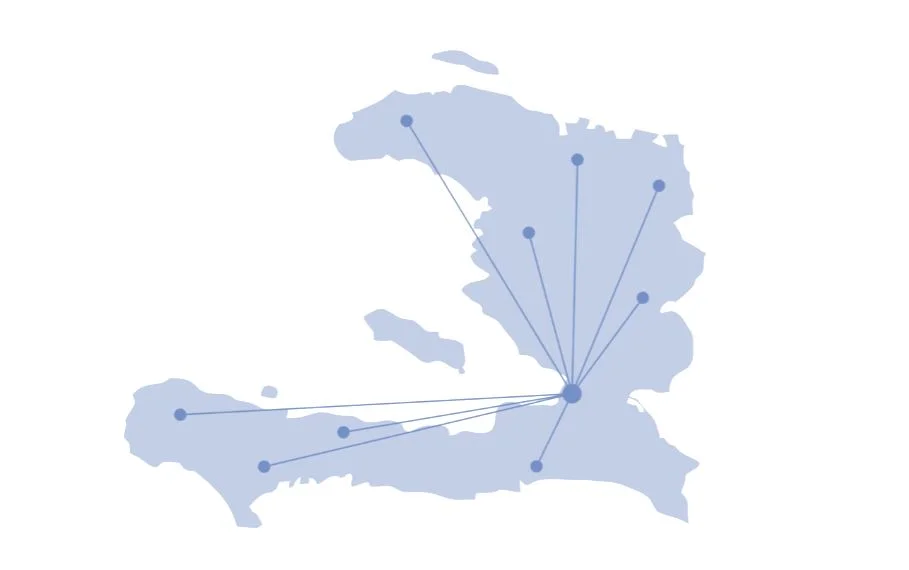“The way that we use the compost at school is very amazing. We can see it by looking at the trees. The compost helps the trees to grow and the plants to give more produce. Composting keeps clean the place where we are living.”
—Jenna J., Louverture Cleary Twazyem (US 10th grade) Student
Yesterday was National Learn about Composting Day! To celebrate, here’s a look at composting on the Louverture Cleary School (LCS) campus. Because Haiti does not currently have a widespread municipal waste collection program, necessity really has been the mother of invention when it comes to taking care of campus trash. As a good steward of the earth, LCS has developed systems over the years for dealing with refuse.
If you are not an avid composter already, perhaps this update will inspire you to roll up your sleeves this spring and start a compost pile of your own!
Composting 101—Courtesy of Louverture Cleary School!
Step 1: Collect food and yard waste.
Every day, students, staff, and Volunteers place compostable food waste in designated containers to be taken to a large compost pile on campus. Common items include egg shells, fruit and vegetable peelings, and coffee grounds. During netwayaj (clean-up) each afternoon, the containers are emptied at the campus’s environmental center—an outdoor area set against a wall with divided storage for compost, recycling, metal, and materials to be burned.
Louverture Cleary School students divide waste from their campus into categories, each to be handled responsibly. Above the compost pile are lyrics to an LCS original song, “Go, Go, Go Compost!”
Yard waste is also collected each day. Students and staff sweep the campus of any debris that may have fallen on walkways during the day. Piles of leaves, branches, palm fronds, and the occasional fallen mango or coconut not already snatched up by a student are carried in wheelbarrows to the compost pile.
Step 2: Get Cozy with Your Compost.
Taking good care of a large community compost pile means feeling comfortable with stepping right into it. Five days a week, a handful of LCS students take pitchforks and turn the compost—flipping it from one side of a cinder block divider to another—taking note of texture, smell, and sections that may be ready for removal.
Louverture Cleary School (LCS) students sift through the compost pile for usable soil. Many students enjoy taking care of LCS’s on-campus gardens.
Step 3: Put Good Dirt to Good Use!
Students and Volunteers then sift compost material to divide raw materials from composted soil. Raw materials remain in the pile while the fresh, nutrient-rich compost is divided and spread to beds and gardens around campus. Voila!













